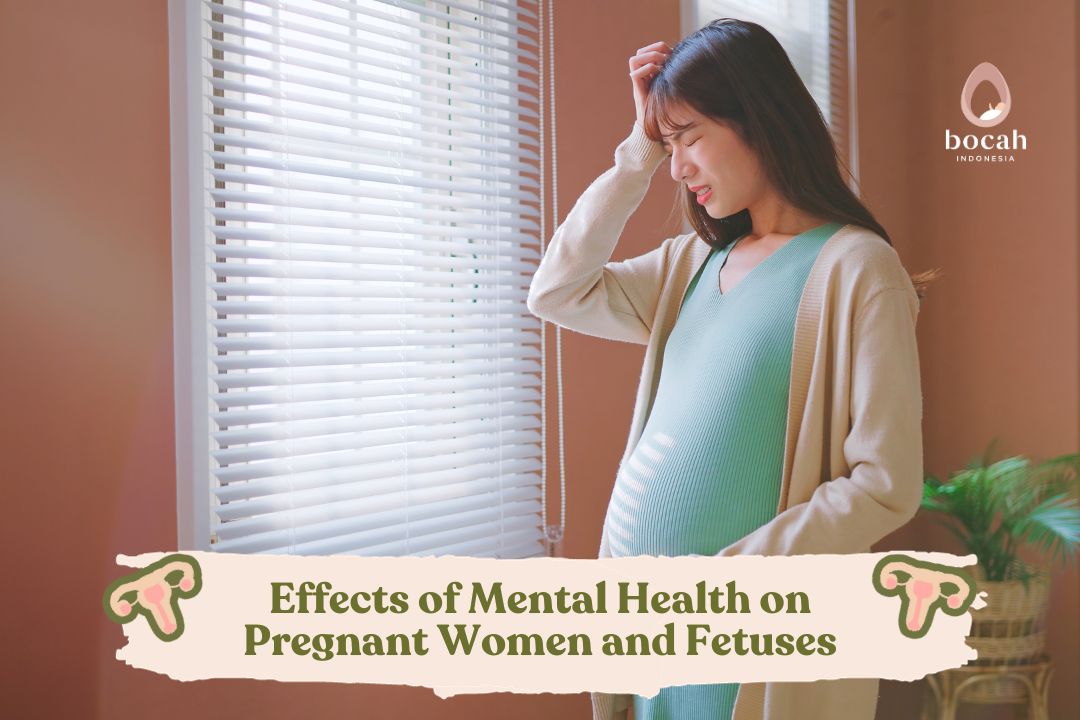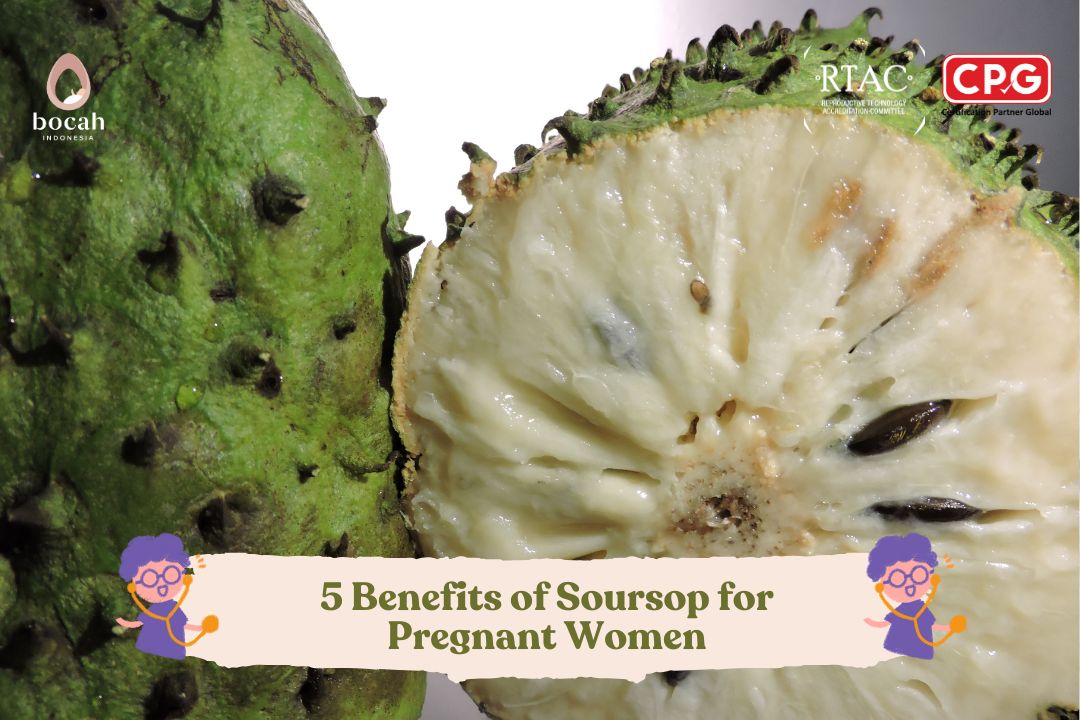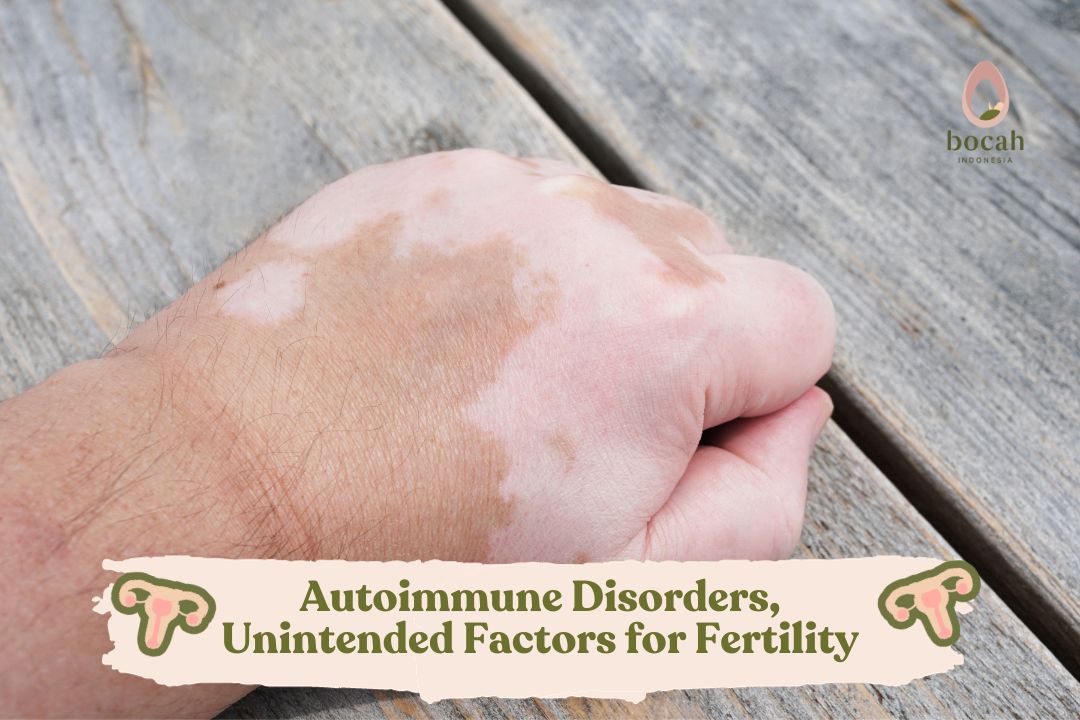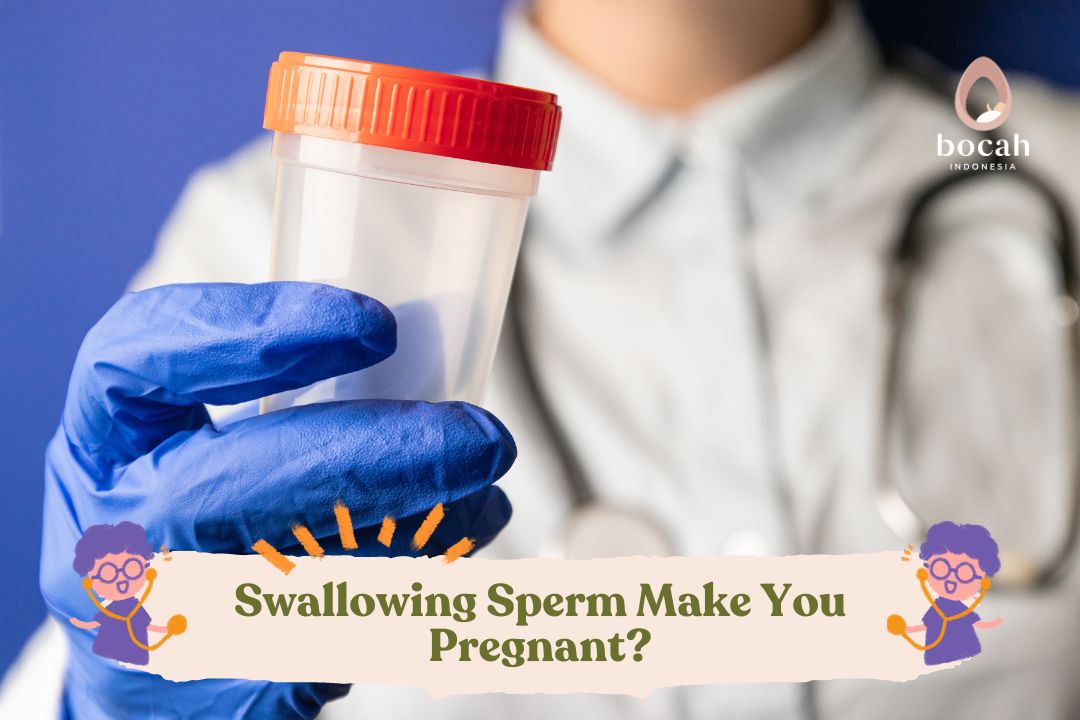Pregnant Women with Mental Disorders, Higher Risk of Premature Birth?

Stress and anxiety during pregnancy can increase the risk of babies being born with depression, attention deficit disorder, and other mental disorders in the future.
Pregnancy is often a very happy and enjoyable time. However, not all pregnant women feel this way. Pregnancy is not just about the physical changes in a woman’s body. Mental conditions are also affected by hormonal fluctuations during pregnancy, triggering various emotions.
In fact, 1 in 5 pregnant women experience serious mental disorders. If not recognized and addressed promptly, this condition can have a detrimental impact on both the mother and the fetus.
Risk factors for mental disorders during pregnancy
Most pregnant women who experience mental disorders actually do not have any risk factors. However, there are several factors that increase a woman’s vulnerability to experiencing mental disorders during pregnancy:
- Unplanned or unwanted pregnancy
- History of mental disorders previously
- Being a survivor of violence or trauma
- History of complications in previous pregnancies
- Lack of support from partner, family, and social environment
- Having certain chronic conditions
- Experiencing life events full of stress
- Lack of parental figures to serve as role models
Many expectant mothers who have these factors can still go through their pregnancy and the process of becoming parents relatively easily. However, some may find these factors burdensome and difficult to manage, leading to the emergence of symptoms of mental disorders.
Tanya Mincah tentang Promil?
Common mental disorders during pregnancy
Considering the numerous physiological and hormonal changes that the body undergoes and the stress-inducing factors involved in pregnancy, depression and anxiety become the most commonly occurring mental disorders during pregnancy and up to one year after giving birth, a period known as the perinatal period.
-
Major depression
Major depression, which is a mood disorder that affects a person’s ability to experience a normal mood, is experienced by about 10% of pregnant women. The main symptoms include feeling sad and depressed almost all day, nearly every day, for two weeks in a row or more, and/or loss of interest or pleasure in activities that are usually enjoyed.
In detail, symptoms include changes in mood, behavior, and interpersonal relationships. The combination and severity of symptoms will differ in each individual, and it can range from mild to severe. It may or may not be obvious to others. These symptoms can be related to the normal changes that pregnancy brings. However, as depression may have a significant impact on daily life and functioning, professional advice should be sought.
Depression can also lead to other medical conditions such as sleep disturbances and problems in eating patterns, headaches, and other complaints.
-
Anxiety disorders
Anxiety disorders are also quite common during pregnancy. Anxiety disorder refers to conditions where a person experiences persistent and excessive worry, fear, or dread of what might happen in the future. Some common forms of anxiety disorders are generalized anxiety disorder (GAD), panic disorder, obsessive-compulsive disorder (OCD), post-traumatic stress disorder (PTSD), and social anxiety disorder.
Women experiencing anxiety disorders during pregnancy may find it hard to relax and may feel restlessness and unease. They may also suffer from nausea and stomach cramps, tremors, sweating, and palpitations. If their anxiety is too severe, it can lead to other problems such as tension, irascibility, and tiredness.
Premature birth
Premature birth, which occurs when the baby is born before 37 weeks of pregnancy, can be a consequence of maternal stress, anxiety, and depression during pregnancy. A study published in the journal Obstetrics & Gynecology in 2018 demonstrated that women who experience mental disorders during pregnancy are more likely to give birth prematurely.
Premature birth is a significant health concern, as it increases the risk of various health problems for the baby. Babies born prematurely can have difficulties with breathing, feeding, and maintaining their body temperature. They may also be at an increased risk of infections and long-term health issues.
If you’re pregnant and experiencing symptoms of depression or anxiety, it’s important to seek help and support from a healthcare provider. They can provide guidance on treatment options, which may include therapy, support groups, and in some cases, medication that is safe during pregnancy.
Additionally, creating a strong support network and taking steps to manage stress during pregnancy can be beneficial. These steps may include lifestyle changes, relaxation techniques, and communication with your partner and loved ones.
The importance of prenatal care
Regular prenatal care is essential for the well-being of both the mother and the baby. During these visits, healthcare providers can monitor the mother’s physical and emotional health and provide guidance and support as needed. If a mental disorder is detected, healthcare providers can offer appropriate interventions to help manage the condition and minimize potential risks to the baby.
In conclusion, mental disorders during pregnancy, particularly depression and anxiety, are not uncommon. These conditions can have a significant impact on both the mother and the developing baby. Recognizing the risk factors and seeking help when needed is crucial to ensure a healthy pregnancy and reduce the risk of complications such as premature birth.
Source:
- Chauhan A, Potdar J. Maternal Mental Health During Pregnancy: A Critical Review. Cureus. 2022 Oct 25;14(10).
- Glover V. Prenatal mental health and the effects of stress on the foetus and the child. Should psychiatrists look beyond mental disorders?. World Psychiatry. 2020 Oct;19(3):331.
- KidsHealth. [Last reviewed April 2023]. Taking care of your mental health during pregnancy. URL: https://kidshealth.org/en/parents/pregnant-mental-health.html.
- March of Dimes. [Last reviewed Jul 22, 2022]. Take care of your mental health during pregnancy. URL: https://www.marchofdimes.org/find-support/blog/take-care-your-mental-health-during-pregnancy.
- Monk C, Lugo-Candelas C, Trumpff C. Prenatal developmental origins of future psychopathology: mechanisms and pathways. Annual review of clinical psychology. 2019 May 7;15:317-44.
- Sūdžiūtė K, Murauskienė G, Jarienė K, Jaras A, Minkauskienė M, Adomaitienė V, Nedzelskienė I. Pre-existing mental health disorders affect pregnancy and neonatal outcomes: a retrospective cohort study. BMC Pregnancy and Childbirth. 2020 Dec;20(1):1-7.










